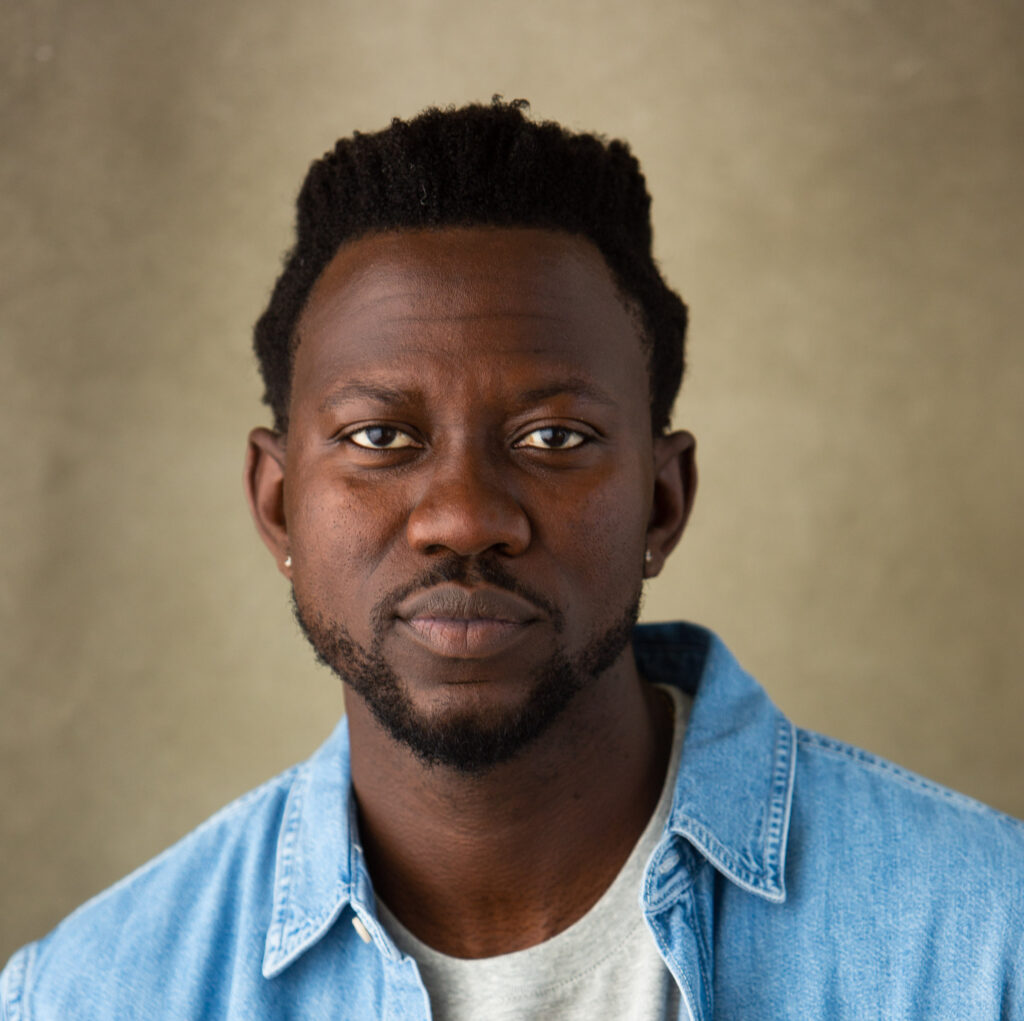The impact of music can be felt across generations, cultures, and geographic locations, making it especially powerful for an impressionable youth.
Nas’ God’s Son album was released amidst some controversy — with some critics saying it was blasphemous to release an album in which he compared his likeness to Christ.
From the funky James Brown-inspired storytelling on “Get Down” to the last song, “Heaven,” The song that caught a lot of attention was the youth empowering single “I Can.”
Over Beethoven’s classical “Fur Elise”‘s sample, Nas used his music to empower “ghetto children” to learn more about who they were by focusing on their truth without focusing on the misrepresentation of their character by the media.
I know I can
Be what I wanna be
If I work hard at it
I’ll be where I wanna be ~ Nas, I Can
The entire song from me is encapsulated in the seven syllables — “read more, learn more, change the globe” — that Nas emphatically rapped before changing his cadence to get his final message in before the chorus of young children sings about the sense of empowerment to be who they want to be.
Music is a good tool to motivate the youth
Music is a very powerful tool to move young people and brings them together.
The impact of music can be felt across generations, cultures, and geographic locations, making it especially powerful for an impressionable youth. From nursery rhymes used effectively to keep infants engaged in activities to the peer bonding that comes along with teenagers listening to the same type of music, music has a strong sway and influence with youth culture.
I wanted to know why.
Music & The Youth
Thirteen years after Nas released “I Can,” while I was in business school, I sampled his empowering refrain about reading and learning more to change the globe.
I released the pitched down version of his raspy voice on a song called “Get it Together” while I learned about building organizations to “change the world” at business school.

A song I heard in my youth stuck with me and came in handy as I tinkered with ideas for economic empowerment years later.
Is there a connection between youth and economic empowerment?
I remember how empowered my friends and I felt when we heard 2pac’s“Changes.” He was like a passionate and stylish reporter touching on heavy topics in a format that was more accessible to my mind.
He broke down community issues better than any correspondent on CNN or any of the local TV stations, and he did it in a sonically appealing way.
What was it about music that gives the youth a sense of empowerment, and how can that be used for social good?
I got the opportunity to interview some youth development specialists that are using music in their organization to help young people with self-growth and healing.
Motivational Edge
Alexander Star is an Emmy-nominated independent singer, a rap artist, international performer, and social changemaker based in southern Florida.
He co-founded #ThisIsMyEra, a brand and a movement empowering people to make a positive impact on the world by taking action with their talents.
As Alexander spoke to me over his Bluetooth headset while he drove his father and son, he shared his enthusiasm for life as he discussed his work as a lyrical expressionist at Motivational Edge, an organization that empowers youth through programs such as lyrical expression, sports and wellness, music instruction, academic tutoring, and urban arts.
This was the first time I heard that term “lyrical expressionist.” I was intrigued.
Alexander guides the youth through the music production process, providing them with a safe environment to express themselves. The music and recording sessions give them room to voice opin-ions they would rather keep to themselves. It allows them to question the common knowledge.
“Music — it’s a non-threatening way to get kids to talk to you,” Alexander stated when asked the reason why music was an effective tool to get youth involved.
As I researched music’s ability to provide a safe place for the youth, it reminded me of the work of a fellow classmate from business school.
Ashley Edwards is the CEO and founder of MindRight, an organization with a mission to advance health equity by making mental health care radically accessible and inclusive of underserved communities.
Drawing on an analogy with music, Ashley said, “Thing that reminds me of how music is similar to what we do is that we try to meet people where they’re at. For instance, with a six- teen-year-old kid from Detroit — we’re not using these super clinical language. We’re speaking to them in their own lan- guage. They can speak to us however they want. They are not being graded for their grammar.”
Similar to innovations like MindRight that provide 24/7 relatable companionship for the youths in distressed communities, Motivational Edge provides companionship in times of distress, meeting young people wherever they are in a nonjudgmental universal language of music.
Street Project
A few months after I learned about Alexander and Motiva- tional Edge, I spoke to Rita Ezenwa-Okoro, the founder of Street Project Foundation in Nigeria. Andres, another class- mate at the Creator’s Institute told me about Street Project and the impact it was having on youth development in Nigeria.
Rita is a creative arts enthusiast. She founded the organization to build confidence and empower the youth to be problem-solvers. An essential skill they can use for self- and career development.
The graffiti-inspired logo for the organization gives an indication that it’s not a typical Nigerian organization.
Rita explained the expected results of their program:
“At the end of most of our programs, our young people come out with confidence if there’s anything that we’re able to do, we will achieve confidence.
By instilling confidence in these young individuals early in their lives, Rita’s organization can plug a gap between young, empowered talent/entrepreneurs and organizations looking for young professionals to impact economic growth in their industries.

Rita emphasized creating a safe place for young people to explore and build curiosity.
Because we create a safe place…we challenge them to question the norm. So that by time they come out, they’re questioning everything. And so when they make decisions, they’re making decisions that are aligned with their purpose.”
This reminded me of how music gave me a vast space to challenge the status quo.
Music equips the young mind with the superpower of curiosity.
Through my personal experience with music and learning about Motivational Edge and Street Project, I reframed my thinking about Music’s utility in supercharging the youth with drive and purpose.
In exploring why music as an art form has such an impact on the youth, Rita responded,
“Being able to enunciate your words — presentation skills and nonverbal communication, all that, comes into play when you’re teaching music. Also team- work, especially when you’re singing in the choir.”
Building essential skills such as communication and teamwork are very essential in any career.
Music can be the youth’s voice coach, enunciator enhancers, and collaborative trainer, all of which boost the confidence of young people on a path of continuous self-improvement.
Music — The Youth-Empowerer
Music is a powerful asset we can use as kids to get us through formative years, and it can remain with us for the rest of our lives — both as listeners and music makers.
With the power of music, organizations focused on youth development can tap into this force of nature to encourage young and confident leaders.
It gives young people the space to find rays of hope and joy. It allows them to collaborate with their peers. It gives them the voice to question the norm and pose the right questions necessary to find new solutions to individual problems and issues affecting the community.
Music as a tool to empower the young leaders of the future is far-reaching, as it also provides a path for upward economic mobility.
Musicians as youth empower-ers play a very important role in the developing years of our lives.
As the youth are in a stage of self-discovery and new neural pathways are still being formed, music is a nonthreatening way to embed children with messages of empowerment, confidence, and togetherness — all of which can be used in different facilities of their lives as they become problem-solvers in their respective careers.
Music can also be a lifelong friend for the music maker. How does music embed the mindset of continuous development in the mind of the musician?
I’ll be exploring the answers to that question in my next post.
You can find out more about the effects of music, education, and youth development in my book — PRESS PLAY: Music As a Catalyst For Change


